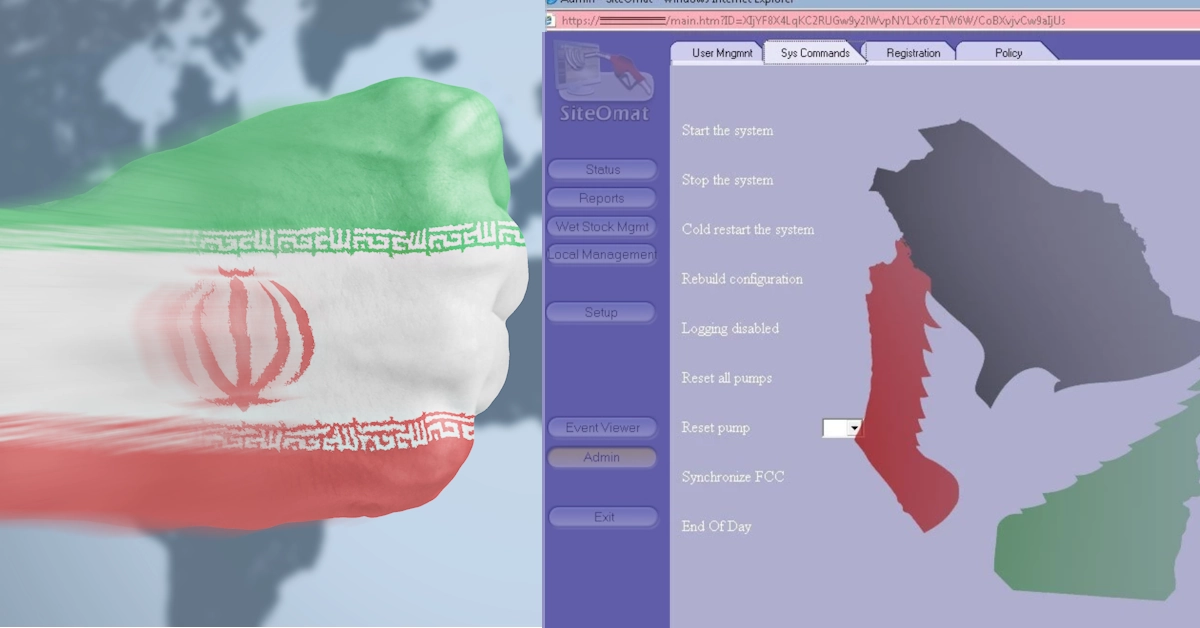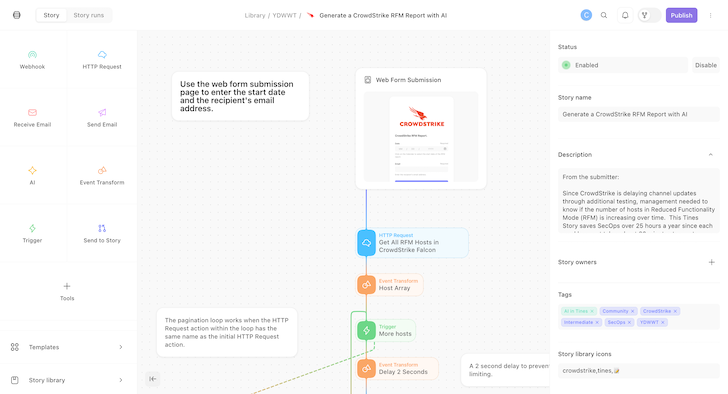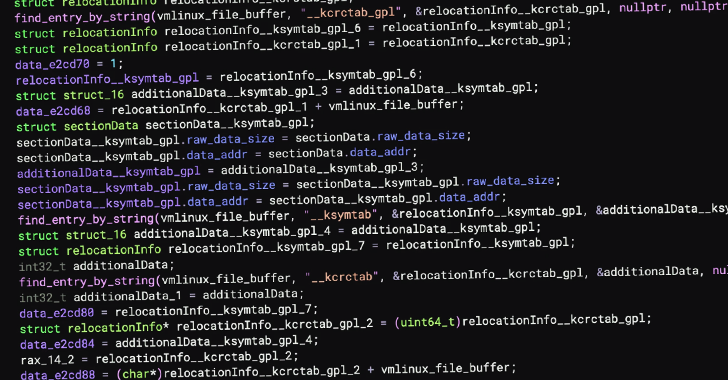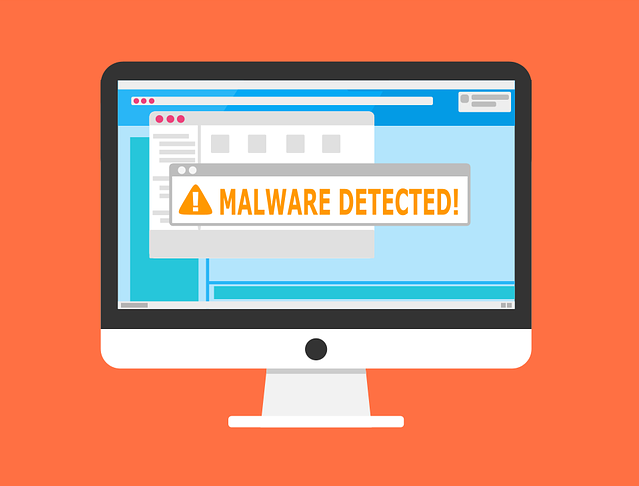-

Thai Officials Targeted in Yokai Backdoor Campaign Using DLL Side-Loading Techniques
Thai government officials have emerged as the target of a new campaign that leverages a technique called DLL side-loading to deliver a previously undocumented backdoor dubbed Yokai. “The target of the threat actors were Thailand officials based on the nature of the lures,” Nikhil Hegde, senior engineer for Netskope’s Security Efficacy team, told The Hacker…
-

Critical OpenWrt Vulnerability Exposes Devices to Malicious Firmware Injection
A security flaw has been disclosed in OpenWrt’s Attended Sysupgrade (ASU) feature that, if successfully exploited, could have been abused to distribute malicious firmware packages. The vulnerability, tracked as CVE-2024-54143, carries a CVSS score of 9.3 out of a maximum of 10, indicating critical severity. Flatt Security researcher RyotaK has been credited with discovering and…
-

DoJ Indicts 14 North Koreans for $88M IT Worker Fraud Scheme Over Six Years
The U.S. Department of Justice (DoJ) has indicted 14 nationals belonging to the Democratic People’s Republic of Korea (DPRK or North Korea) for their alleged involvement in a long-running conspiracy to violate sanctions and commit wire fraud, money laundering, and identity theft by illegally seeking employment in U.S. companies and non-profit organizations. “The conspirators, who…
-

Iran-Linked IOCONTROL Malware Targets SCADA and Linux-Based IoT Platforms
Iran-affiliated threat actors have been linked to a new custom malware that’s geared toward IoT and operational technology (OT) environments in Israel and the United States. The malware has been codenamed IOCONTROL by OT cybersecurity company Claroty, highlighting its ability to attack IoT and supervisory control and data acquisition (SCADA) devices such as IP cameras,…
-

How to Generate a CrowdStrike RFM Report With AI in Tines
Run by the team at orchestration, AI, and automation platform Tines, the Tines library contains pre-built workflows shared by real security practitioners from across the community, all of which are free to import and deploy via the Community Edition of the platform. Their bi-annual “You Did What with Tines?!” competition highlights some of the most…
-

New Linux Rootkit PUMAKIT Uses Advanced Stealth Techniques to Evade Detection
Cybersecurity researchers have uncovered a new Linux rootkit called PUMAKIT that comes with capabilities to escalate privileges, hide files and directories, and conceal itself from system tools, while simultaneously evading detection. “PUMAKIT is a sophisticated loadable kernel module (LKM) rootkit that employs advanced stealth mechanisms to hide its presence and maintain communication with
-

Watch Out for Google Searches – “Malvertising” Is on the Rise!
There are many types of malware. One of the most common is called “malvertising.” It crops up everywhere. Including social media sites and websites. You can also see these malicious ads on Google searches. Two things are making malvertising even more dangerous. One is that hackers use AI to make it very believable. The other…
-

‘Democracy: A Public Conversation’ Dec. 17 at the Rockford Grange
HOOD RIVER — The Mid-Columbia Unitarian Universalist Fellowship invites the public to participate in a conversation about democracy on Tuesday evening, Dec. 17, at the Rockford Grange from 7-8:30 p.m.
-

Learn How Experts Secure Privileged Accounts—Proven PAS Strategies Webinar
Cybercriminals know that privileged accounts are the keys to your kingdom. One compromised account can lead to stolen data, disrupted operations, and massive business losses. Even top organizations struggle to secure privileged accounts. Why? Traditional Privileged Access Management (PAM) solutions often fall short, leaving: Blind spots that limit full visibility. Complex deployment processes.
-

Ultralytics AI Library Compromised: Cryptocurrency Miner Found in PyPI Versions
In yet another software supply chain attack, it has come to light that two versions of a popular Python artificial intelligence (AI) library named ultralytics were compromised to deliver a cryptocurrency miner. The versions, 8.3.41 and 8.3.42, have since been removed from the Python Package Index (PyPI) repository. A subsequently released version has introduced a…

